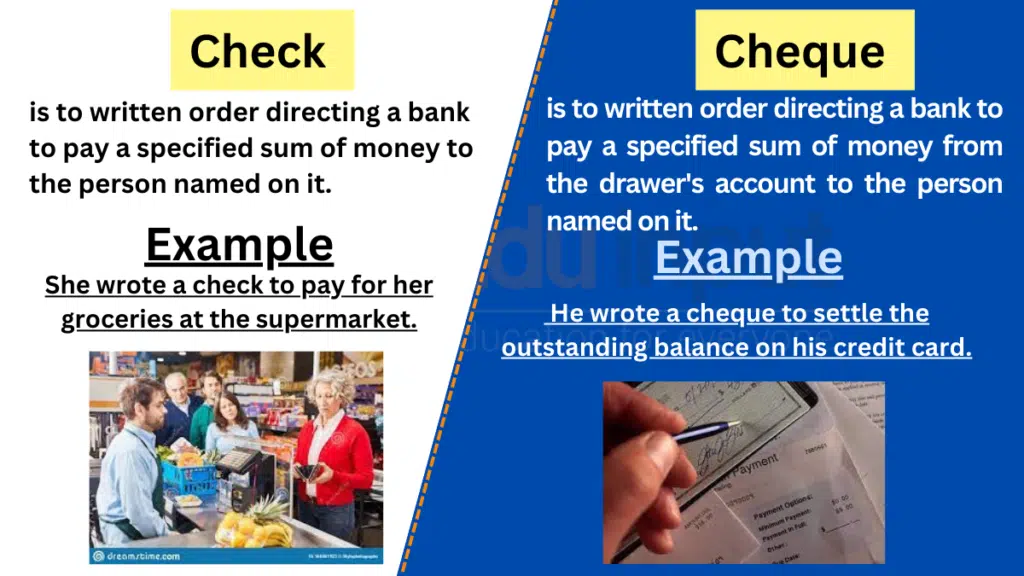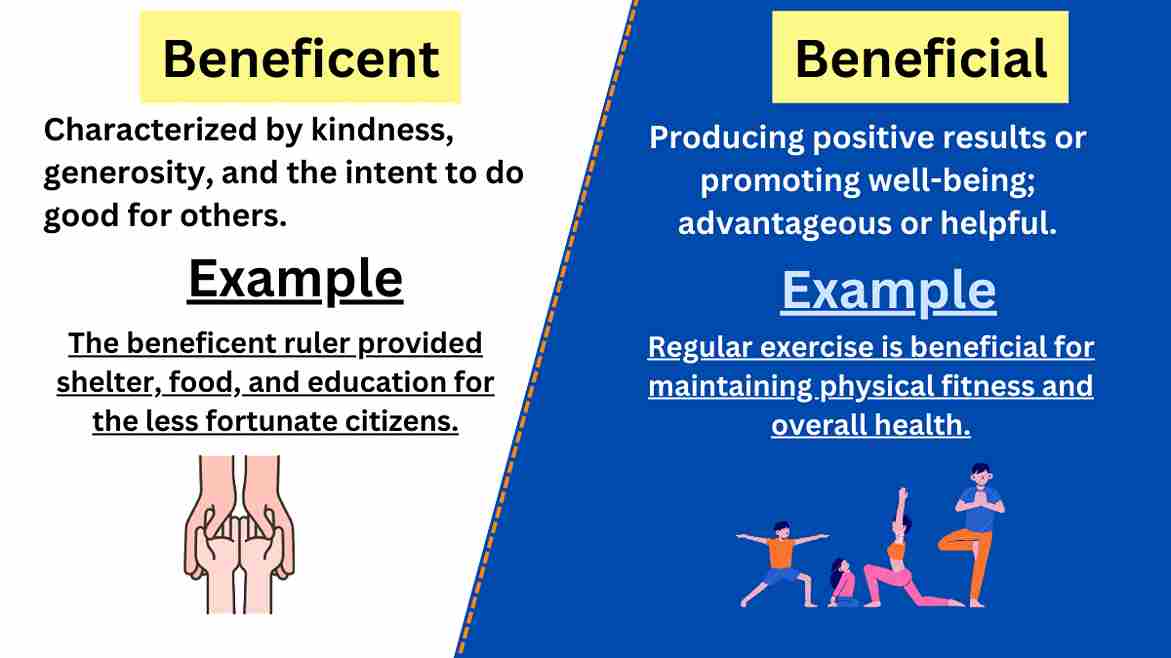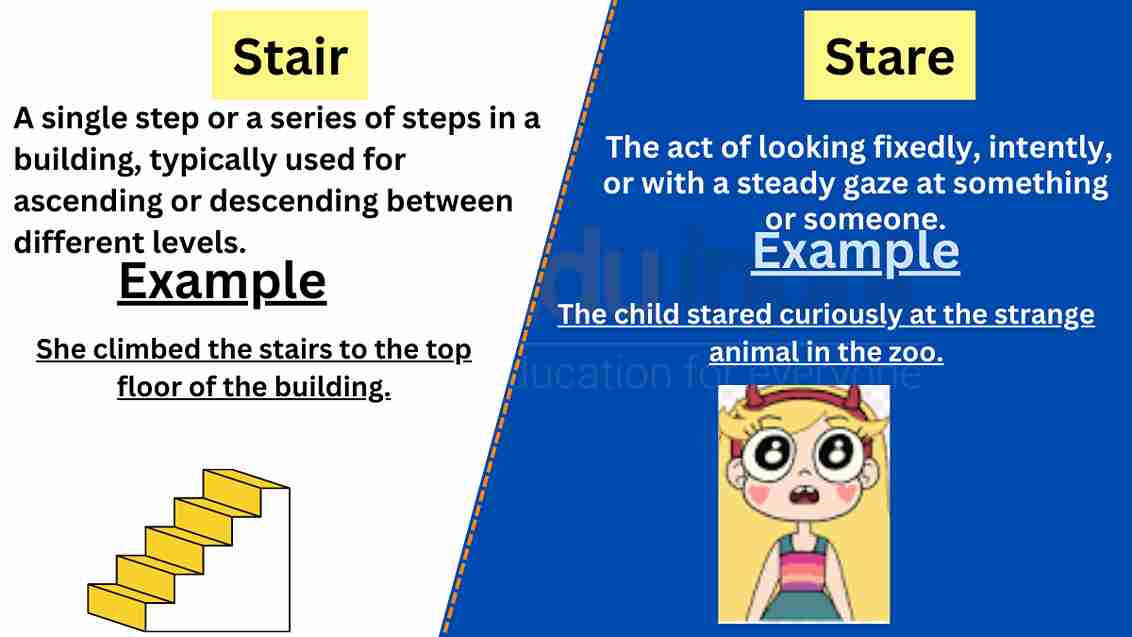Check vs. Cheque-Difference between and Examples
In the realm of financial transactions, it’s essential to differentiate between similar-sounding words that have distinct meanings and applications. “Check” and “cheque” are two such terms that, despite their similarities in pronunciation and usage, refer to different payment methods in various regions. In this article, we will explore the differences between “check” and “cheque” to better understand their usage and implications. By distinguishing between “check” primarily used in American English, and “cheque” commonly employed in British English and other Commonwealth countries, we can effectively navigate discussions about payment systems and financial instruments. Let’s delve into the contrasts between “check” and “cheque.”

Meanings and Examples
Check meaning
Check is a noun. The meaning of a check is to written order directing a bank to pay a specified sum of money to the person named on it.
Check is also a verb. Which means to examine, verify, or investigate something.
Check Examples
a) She wrote a check to pay for her groceries at the supermarket.
b) The company issued a check to reimburse its employees for travel expenses.
c) Please make sure to sign the back of the check before depositing it.
d) The accountant will check the financial statements for accuracy.
e) The teacher will check the student’s homework assignments to ensure completion.
Cheque meaning
Cheque is a noun. The meaning of a cheque is to written order directing a bank to pay a specified sum of money from the drawer’s account to the person named on it.
Cheque Examples
a) He wrote a cheque to settle the outstanding balance on his credit card.
b) The landlord requested that the rent be paid by cheque every month.
c) The company issued a cheque to the supplier for the goods delivered.
d) She handed a post-dated cheque to the utility company to cover the bill.
e) The recipient of the prize was presented with a ceremonial cheque during the award ceremony.
Difference between check and cheque
| Criteria | Check (American English) | Cheque (British English) |
| Meaning | A written order directing a bank to pay a specified sum of money | A written order directing a bank to pay a specified sum of money |
| from the drawer’s account | ||
| Part of Speech | Noun, Verb | Noun |
| Pronunciation | tʃɛk | tʃɛk |
| Usage | Primarily used in American English and some regions | Primarily used in British English and other Commonwealth countries |
Usage in a Paragraph
She decided to pay the bill by check, as it was her preferred payment method. She filled out the check with the necessary details, including the payee’s name, the amount in both words and numbers and her signature. After verifying the accuracy of the information, she mailed the check to the recipient.
He wrote a cheque to cover the rent for the month. The cheque included the landlord’s name, the rental amount, and the date. He handed the cheque to the landlord personally and received a receipt as proof of payment.
By understanding the differences between “check” and “cheque,” we can accurately discuss payment methods and financial instruments in the appropriate context. “Check” is primarily used in American English and refers to a written order directing a bank to pay a specified sum of money. On the other hand, “cheque” is commonly used in British English and other Commonwealth countries and signifies a written order directing a bank to pay a specified sum of money from the drawer’s account. By using these terms correctly, we can navigate the complexities of financial transactions and engage in meaningful discussions about payment systems in various regions.







Leave a Reply